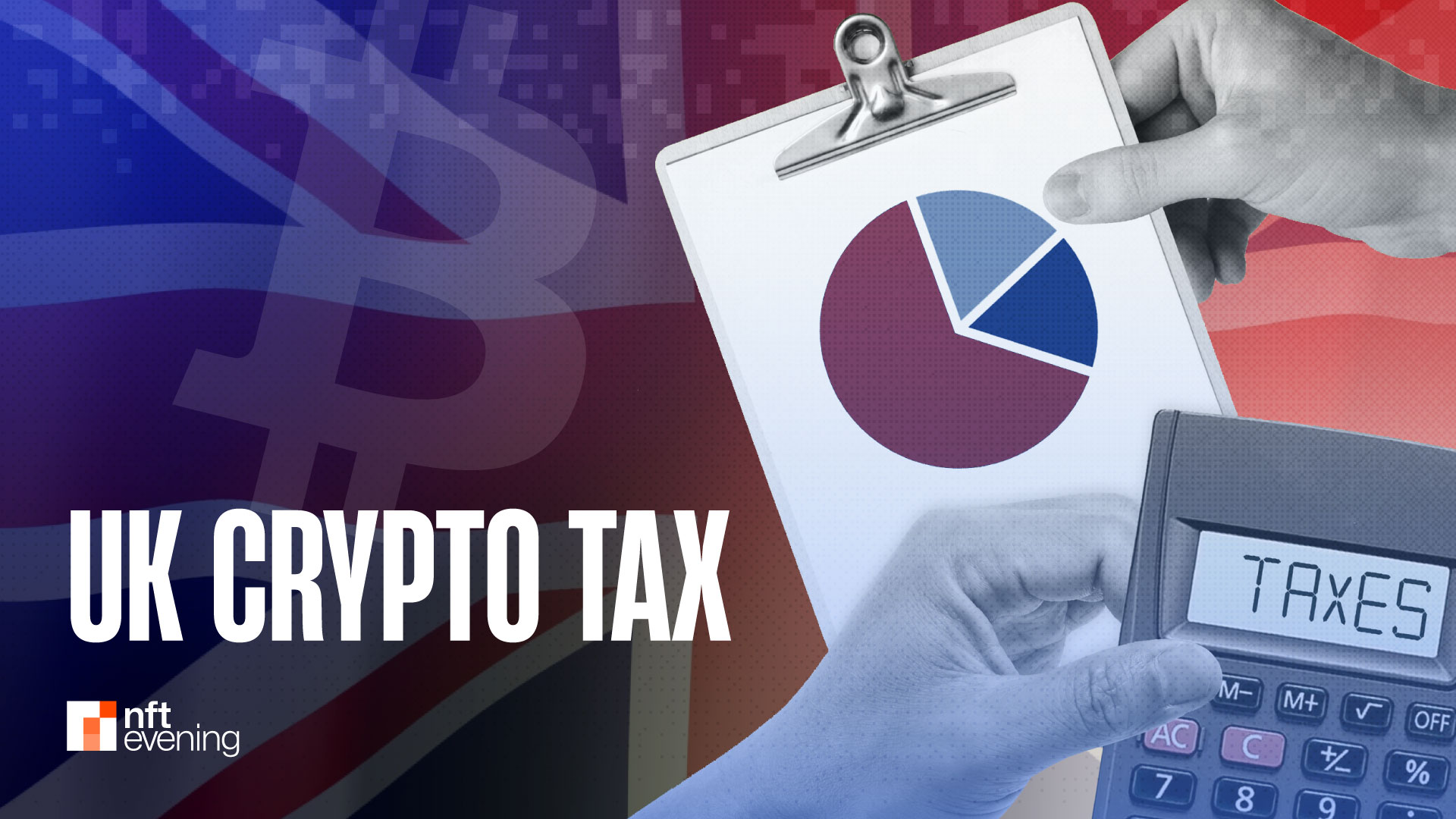Now Reading: Crypto Tax UK: The Ultimate Guide for 2025
-
01
Crypto Tax UK: The Ultimate Guide for 2025
Crypto Tax UK: The Ultimate Guide for 2025

In the UK, if you have engaged in cryptocurrency activities such as buying, selling, or earning, you may be wondering about tax implications. While some may believe that cryptocurrencies fall outside the tax system, HMRC actually has clear regulations regarding crypto taxation, treating it as property rather than currency.
Navigating crypto taxes can initially seem complex, as different rules apply depending on the nature of your crypto transactions. Whether you have gained profits through trading or received rewards from activities like staking or mining, you could potentially face a tax liability. Ignoring crypto tax obligations can result in penalties.
This guide on UK crypto taxes covers essential topics such as determining tax obligations, understanding the distinction between capital gains and income tax, identifying taxable transactions, tax rates and allowances, reporting procedures to HMRC, strategies to minimize tax liabilities, and common inquiries.
HMRC considers cryptocurrency as a capital asset, and taxes may be applicable based on your crypto-related activities. Capital Gains Tax (CGT) and Income Tax are the two main taxes to consider, with CGT applied to profits from selling, swapping, spending, or gifting crypto, while Income Tax is levied on earnings from activities like mining or staking.
To comply with tax regulations, it is crucial to maintain detailed records of all crypto transactions, including dates, values in GBP, and wallet addresses, as HMRC may request this information.
Whether you are disposing of crypto for profit or earning crypto as income, it is essential to understand the tax implications and fulfill reporting requirements to avoid penalties. HMRC has advanced tools to track cryptocurrency transactions, and exchanges are obligated to provide user data, ensuring compliance with tax regulations.
For effective tax management, individuals should leverage tax breaks such as the CGT Allowance, Trading Allowance, deducting allowable expenses, offsetting losses, and strategic timing of sales. By staying informed, keeping accurate records, and adhering to reporting deadlines, individuals can navigate the complexities of UK crypto taxation successfully.






